Publications
Articles, publications, books, tools and multimedia features from the U.S. Institute of Peace provide the latest news, analysis, research findings, practitioner guides and reports, all related to the conflict zones and issues that are at the center of the Institute’s work to prevent and reduce violent conflict.
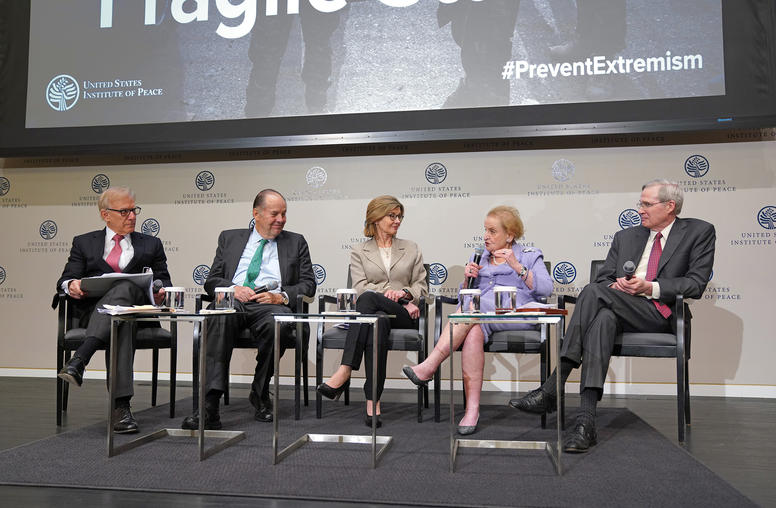
Fragile States and Violent Extremism: New Ideas for a Policy of Prevention
On April 21, suicide bombers in Sri Lanka reminded the world that the end of the Islamic State’s “caliphate” by no means marked the defeat of violent extremism. Indeed, despite trillions of dollars spent and tens of thousands of lives lost, terrorism is spreading. The urgency of checking the ideology behind terrorism, particularly where the ground for it is most fertile, has never been greater, said members of the Task Force on Extremism in Fragile States this week at the U.S. Institute of Peace.
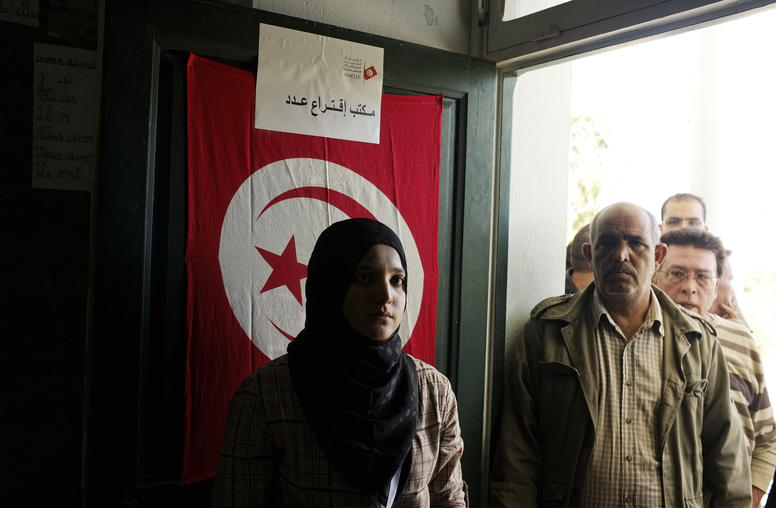
Amid North Africa’s Turmoil, Tunisia’s Steady Transition Moves Forward
From Algeria to Libya to Sudan, North Africa has been roiled by protests and fighting in recent months not seen since the 2011 Arab uprisings. Those uprisings were sparked in Tunisia, which has continued a steady, if uneven, democratic transition in the years since. Despite the challenges posed by this regional turmoil, the small Mediterranean nation must continue to focus on domestic problems, said Tunisia’s defense minister, Abdelkarim Zbidi, this week at the U.S. Institute of Peace. What happens in Tunisia in the years to come will be important for the entire region.
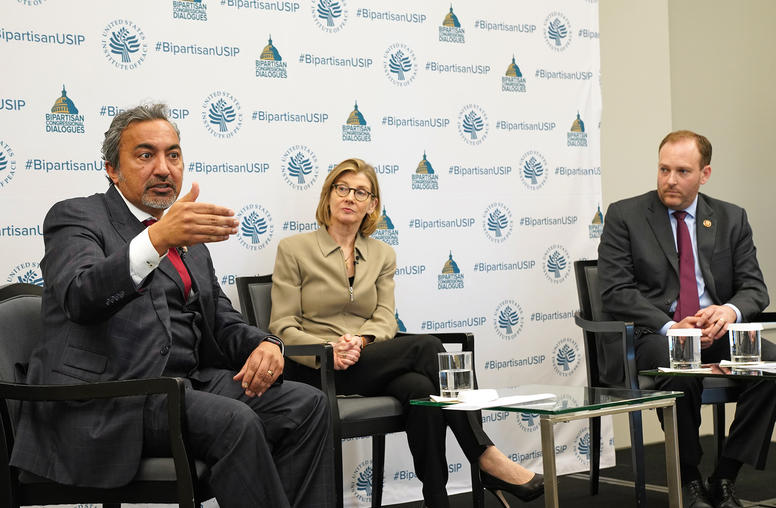
Congressional Oversight for Effective Foreign Policy
As leaders of the House Foreign Affairs Committee’s new panel on oversight and investigations, Representatives Ami Bera (D-CA) and Lee Zeldin (R-NY) agreed that examining the nuts and bolts of diplomacy and development work is a critical—and often unfulfilled—job for Congress.
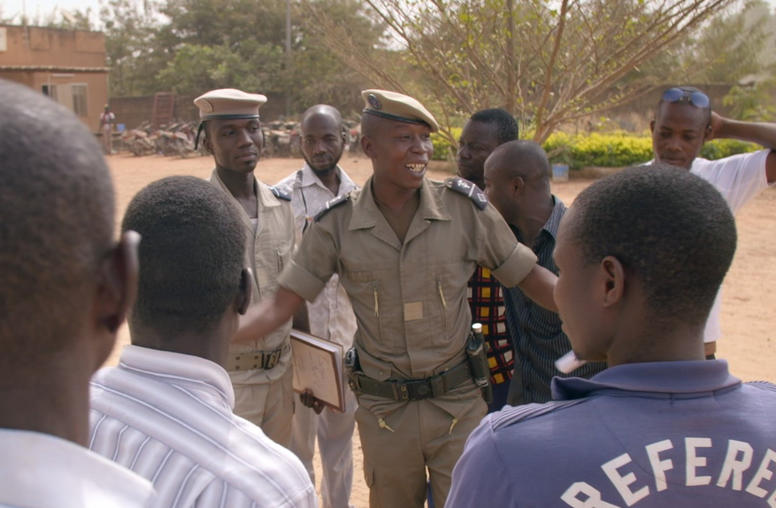
Amid Rising Sahel Violence, Burkina Faso Builds a Response
A perfect storm of violence is breaking upon Africa’s Sahel. Since late 2018, communal conflicts—many over access to food, water or productive land—have produced thousands of deadly attacks. Across the region, nearly 4,800 people died in conflicts from November to March, according to the violence-monitoring group ACLED. The greatest surge in bloodshed is in Burkina Faso, where communal militias or religious extremists killed 500 people over five months. But amid the dire headlines, governments and civic groups in Burkina Faso and other Sahel countries cite progress in stabilizing communities with a basic step that simply has seldom been undertaken: broad, local dialogues among community groups, police forces and officials. Community leaders and government officials say they are now expanding those dialogues to improve national security policies to help counter the tide of violence.
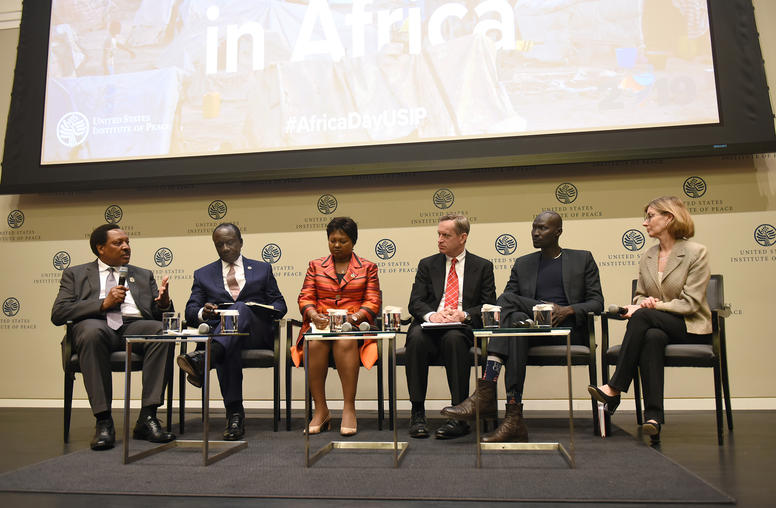
How to Address Africa’s ‘Staggering’ Displacement Crisis
Fifty years after the Organization of African Unity Convention on Refugees and 10 years after the Kampala Convention on Internally Displaced Persons (IDPs), Africa faces a crisis of forced displacemen
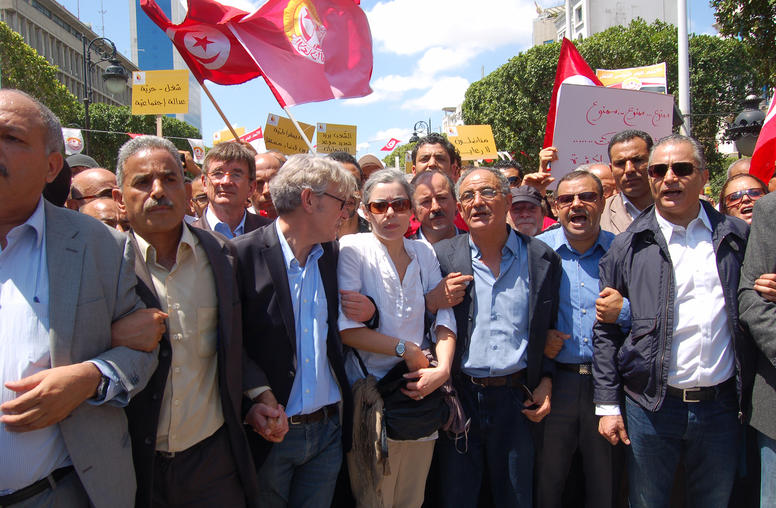
How Civil Society Can Help Prevent Violence and Extremism
Editor’s Note: Congress charged the U.S. Institute of Peace with convening the Task Force on Extremism in Fragile States. Following the public launch of the Task Force’s final report, four groups of experts came together to discuss how to implement the report’s recommendations. This four-part series will discuss the findings from these strategy sessions. Part one summarizes expert discussion on how civil society actors are preventing violent extremism and building resilience in their communities and practical ways the U.S. and other international actors can more effectively interact with civil society to bolster its role in prevention.
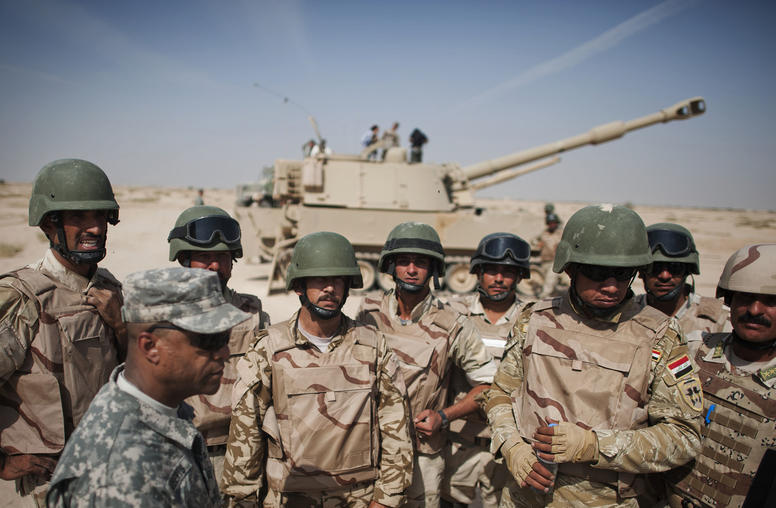
Why Security Sector Governance Matters in Fragile States
Editor’s Note: Congress charged the U.S. Institute of Peace with convening the Task Force on Extremism in Fragile States. Following the public launch of the Task Force’s final report, four groups of experts came together to discuss how to implement the report’s recommendations. This four-part series will discuss the findings from these strategy sessions. Part two summarizes expert discussion on the report’s recommendations on security cooperation and assistance and practical steps that could be taken to better align security cooperation and assistance with prevention.
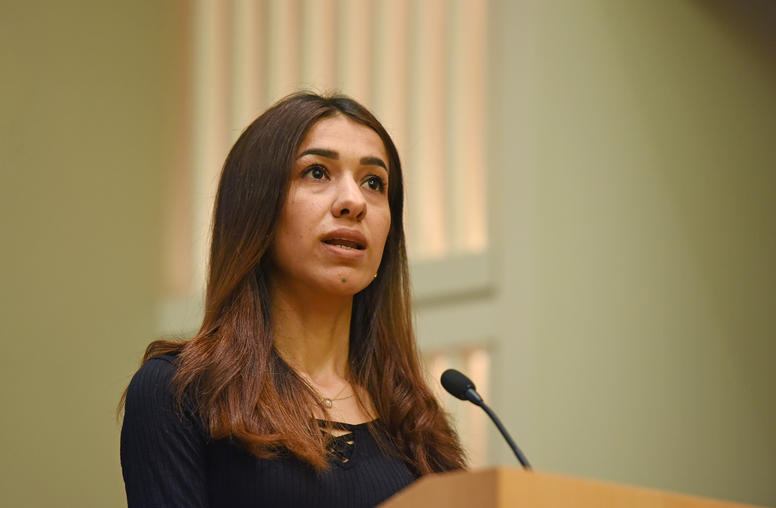
Nobel Laureate Nadia Murad Appeals for Aid to Save Yazidi Society
Nadia Murad, the sad-eyed, soft-spoken Nobel laureate and voice of the Yazidi genocide, warned that her people along with Christians and other minorities are slowly disappearing from Iraq. Faced with challenges that include uncertain security, lack of health care, stalled reconstruction and inability to leave refugee camps, Yazidis and other minority groups urgently need international help if they are to survive as components of Iraq’s national character, she said.
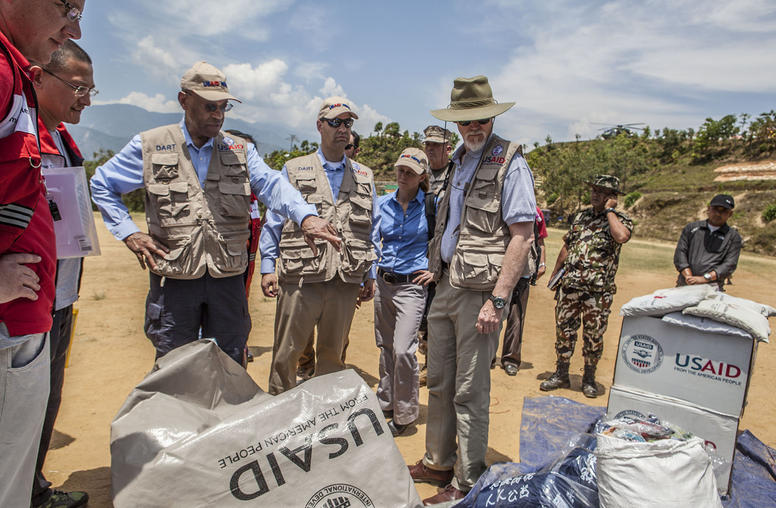
From How to Who: Reforming the Civilian Workforce for Prevention
It seems obvious that a U.S. foreign service or development officer would need a unique set of skills for dealing with the varied challenges they face in fragile countries. Delivering humanitarian assistance effectively in the wake of a natural disaster requires a mentality and approach that is different from advising a government in a fragile state facing mass unrest. But, the civilian workforce of the U.S government isn’t always equipped to perform the roles that policymakers require of them. Similarly, preventing conflict or extremism in countries where the United States has diplomatic missions requires a different way of operating—it may even require a different workforce altogether.
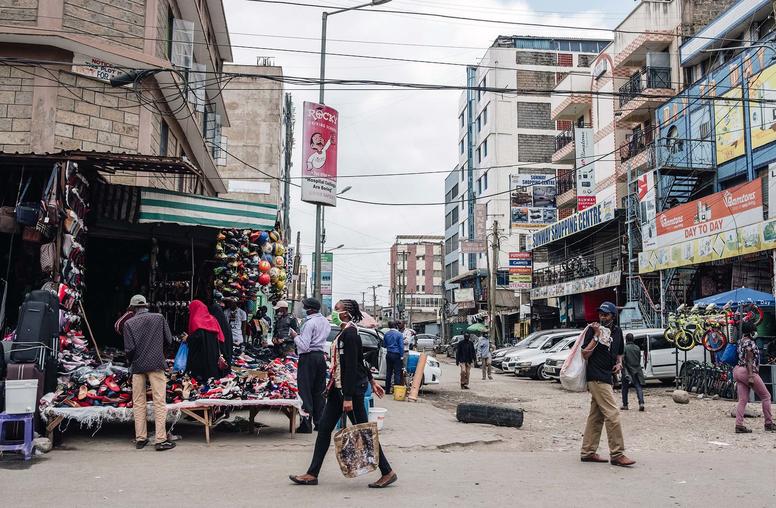
A New U.S. Approach to Help Fragile States Amid COVID-Driven Economic Crisis
The global economy is projected to rebound from the effects of COVID-19 in 2021, but the world’s most fragile states may not share in the upswing. Saddled with economic collapse and soaring debt, developing economies are likely to be left further behind after shrinking about 5 percent last year, according to World Bank estimates. As a result, over 55 million people could be plunged deeper into poverty, fueling social and political grievances and increasing the risks of instability.